Responding to reporters' questions about solutions to overcome the above situation, Dr. Angela Pratt, Chief Representative of the World Health Organization (WHO) in Vietnam, said: It is necessary to tax sugary drinks and raise public awareness about healthy diets along with other measures. The rate of people with non-communicable diseases in Vietnam is increasing and the rate of overweight and obesity is also increasing alarmingly, from 15.6% in 2015 to 19.6% in 2021. More worryingly, the rate of overweight and obesity in children and adolescents (5-19 years old) has more than doubled, from 8.5% in 2010 to 19% in 2020.
There is strong evidence that people who regularly consume sugary drinks face an increased risk of type 2 diabetes, heart disease, stroke and cancer. The habit is also linked to weight gain and obesity in children and adults, which are major risk factors for many diseases, and are particularly unhealthy for children.
Consumption of sugary drinks in Vietnam has increased rapidly over the past 15 years. In 2023, Vietnamese people drank four times more sugary drinks than in 2009, with each person in Vietnam drinking an average of nearly 70 liters of sugary drinks per year, equivalent to 1.3 liters per week.
WHO recommends imposing taxes on sugary drinks to increase prices and reduce consumption. This measure is particularly effective in changing the habits of children and adolescents, who are more affected by price.

Around 110 countries around the world now tax sugary drinks. Experience has shown that this is a solution that both improves health and reduces health care costs, while also increasing government revenues. WHO also recommends raising public awareness. For example, not many people know that a 330 ml can of carbonated soft drink can contain up to 10 teaspoons or 40 grams of sugar.
Taxes on sugary drinks and raising public awareness of healthy diets, along with other measures to reduce risk factors such as smoking and alcohol consumption, are well aligned with Vietnam’s goal of reducing the burden of non-communicable diseases.
WHO welcomes Conclusion 176-TB/VPTW, a timely and thoughtful directive from General Secretary To Lam and his speech on Vietnam Doctors' Day on February 27, which emphasized the importance of disease prevention and a healthy lifestyle, including healthy eating, and saying no to alcohol and tobacco.
According to you, when should the consumption tax on sugary drinks in Vietnam be implemented?
Now is a very suitable time because compared to other countries in the region and the world, Vietnam is lagging behind. The National Assembly is considering amending the Law on Special Consumption Tax, this is a great opportunity to impose taxes on sugary drinks.
Without intervention, the trend of sugary beverage consumption will continue to increase, leading to many negative consequences for children, adolescents, adults and society as a whole.
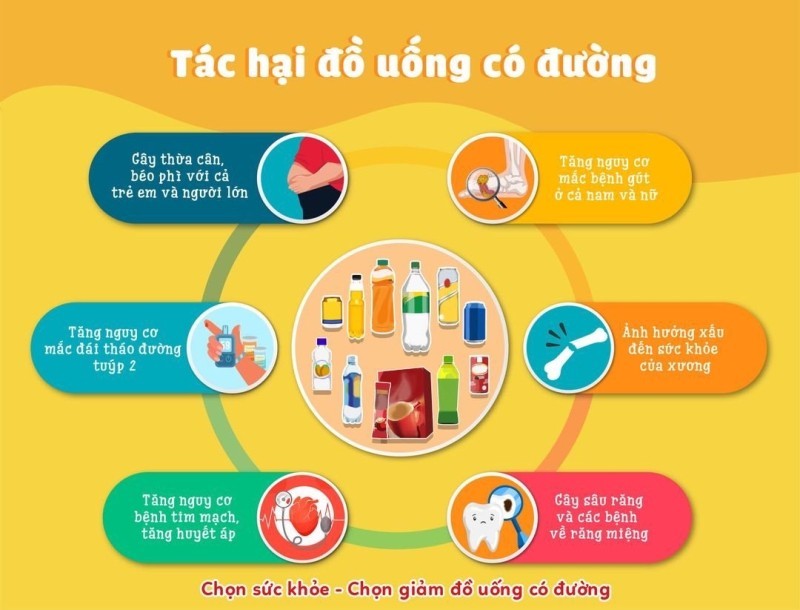
In some countries, we see industry wanting to block or delay taxes, arguing that they will cause economic harm. But global evidence shows that this is not the case. In fact, when taxes are imposed, consumers switch to other drinks that are less sugary or sugar-free, which are healthier. Smart manufacturers will be flexible and adapt their products to meet new demands.
Therefore, WHO calls on National Assembly Deputies and policy makers in Vietnam to take action now.
Should Vietnam set aside a portion of taxes on alcohol, tobacco and sugary drinks to create a new source of revenue to be used for free annual health check-ups, madam?
We warmly welcome the announcement by Deputy Minister of Health Tran Van Thuan that Vietnam will gradually provide free annual health check-ups for people by 2030 to detect diseases early, reduce treatment costs, and improve public health and productivity.
Vietnam has a variety of options to fund this, including earmarking revenue from tobacco, alcohol, or sugary drinks taxes, if it is adopted soon.
Experience around the world shows that earmarking a portion of tax revenue can help promote and sustain national health priorities. But it also has the disadvantage of potentially lacking flexibility. So every country must weigh the pros and cons of earmarking revenue to fund specific health initiatives.
Thank you!
Source: https://baolaocai.vn/tre-em-viet-thua-can-gap-doi-sau-10-nam-who-keu-goi-danh-thue-do-uong-co-duong-post402726.html










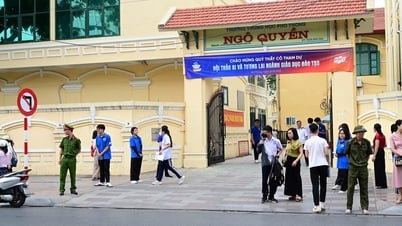












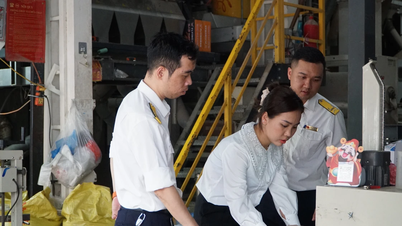
![[Photo] Counting trees uphill to clear land for Lao Cai - Hanoi - Hai Phong railway project](https://vphoto.vietnam.vn/thumb/402x226/vietnam/resource/IMAGE/2025/5/31/4cf109aa7b1a44d58f4eafc1aa57a93b)
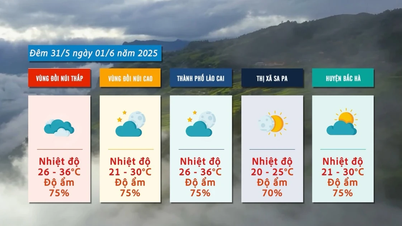

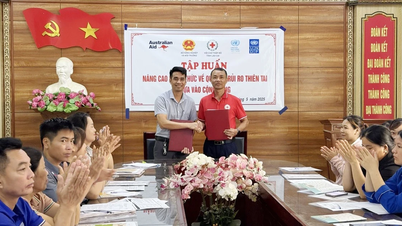



































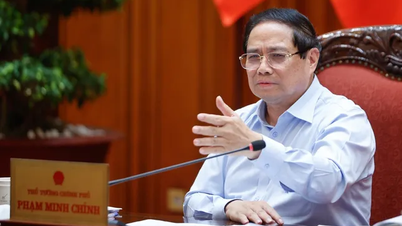





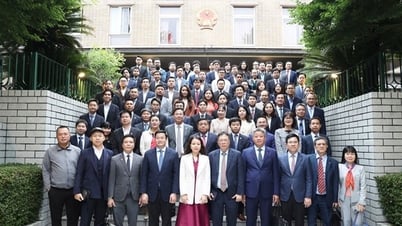




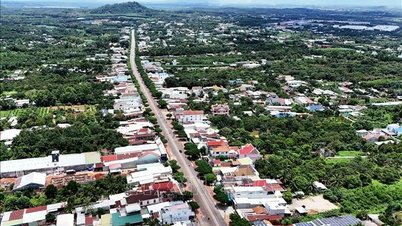



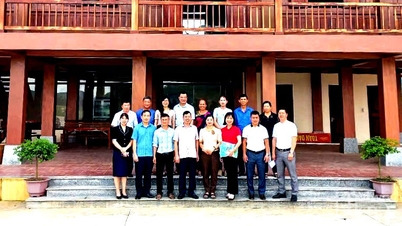

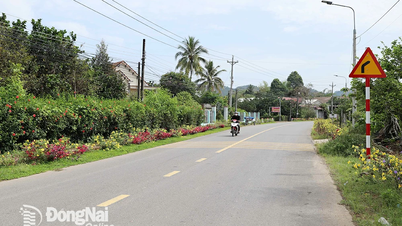

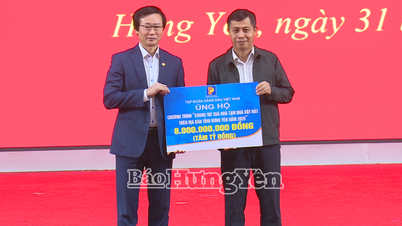














Comment (0)